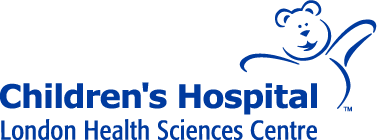Respiratory Syncytial Virus (RSV) Prevention
RSV stands for Respiratory Syncytial Virus. RSV is a very common virus in infancy and early childhood. Almost all children will have been infected with the virus by the age of 2-3 years. In many children, RSV causes symptoms similar to the common cold. But in certain cases — most often in premature babies and children less than two years of age with previous lung conditions or congenital heart disease — RSV can cause an infection in the lungs. When this happens babies can become very sick and require hospitalization. RSV can cause pneumonia and is the most common cause of bronchiolitis during the first year of life.
Helpful steps to reduce the risk of RSV infection:
- Please wash hands with soap and water or alcohol-based hand sanitizer before touching your baby
- If you have a cold or fever gently hug instead of kissing your baby
- Keep anyone with cold symptoms or fever away from your baby
- Consider getting your baby vaccinated
View the RSV Infographic PDF for more information.



